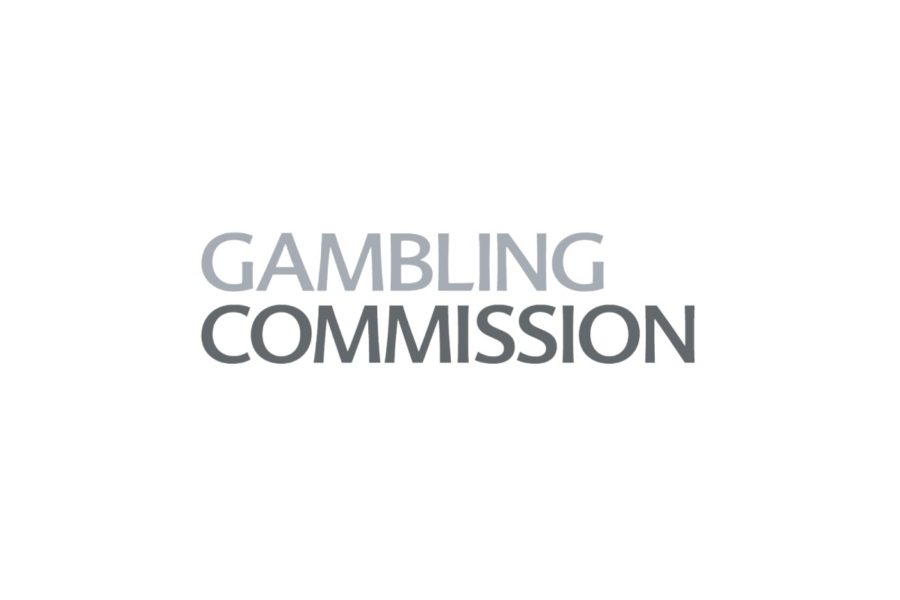Leap Gaming gains British gaming licence

The Malta-based gaming provider has received a licence from the Gambling Commission.
UK.- The British Gambling Commission has granted Malt-based Leap Gaming a licence to provide content to licensed operators in the regulated British gaming market. Leap already holds licences for Greece, Romania, Sweden, the Netherlands and South Africa.
Leap chief executive Yariv Lissauer said: “We are delighted and honoured to have been granted the supply licence. The UK is a very important territory for Leap as it is one of the prime gaming markets in the world.
“The UK is a key benchmark and a trendsetter for most of the gaming jurisdiction globally and serves as a hotbed of innovation. Moreover, the UK is also within the footprint of many of our live and contracting partners, and we look forward to rolling out our content there shortly.”
Leap Gaming gained a Romanian gaming licence in March. It picked up a Class II gaming licence from Romania’s National Gambling Office (ONJN) to offer virtual sports and casino software to both B2C and B2B operators.
Leap said the licence was “another step on Leap’s expansion path into regulated markets, for scalable distribution of its state-of-the-art virtual sports, slots and table games”. That came a week after the company gained a gambling licence in Sweden from the national regulator Spelinspektionen.
Last February, Leap entered the Italian market with GoldBet, and in November, it reached a provisional licence in Greece.
Andrew Rhodes confirmed as Gambling Commission CEO on permanent basis
This week, the Gambling Commission confirmed that Andrew Rhodes has been appointed as the regulator’s permanent CEO after almost a year in the position on an interim basis. He was appointed last June following the sudden resignation of former chief executive Neil McArthur in March following the collapse of Football Index.
Rhodes, who’s previously served as chief register of the University of Swansea and as a senior officer for the Department for Work and Pensions, the Food Standards Agency and the DVLA, had accepted the interim position on an 18-month contract, but he is said to have impressed both colleagues at the regulator and the UK government’s Department of Digital, Culture, Media and Sport during his tenure so far.










